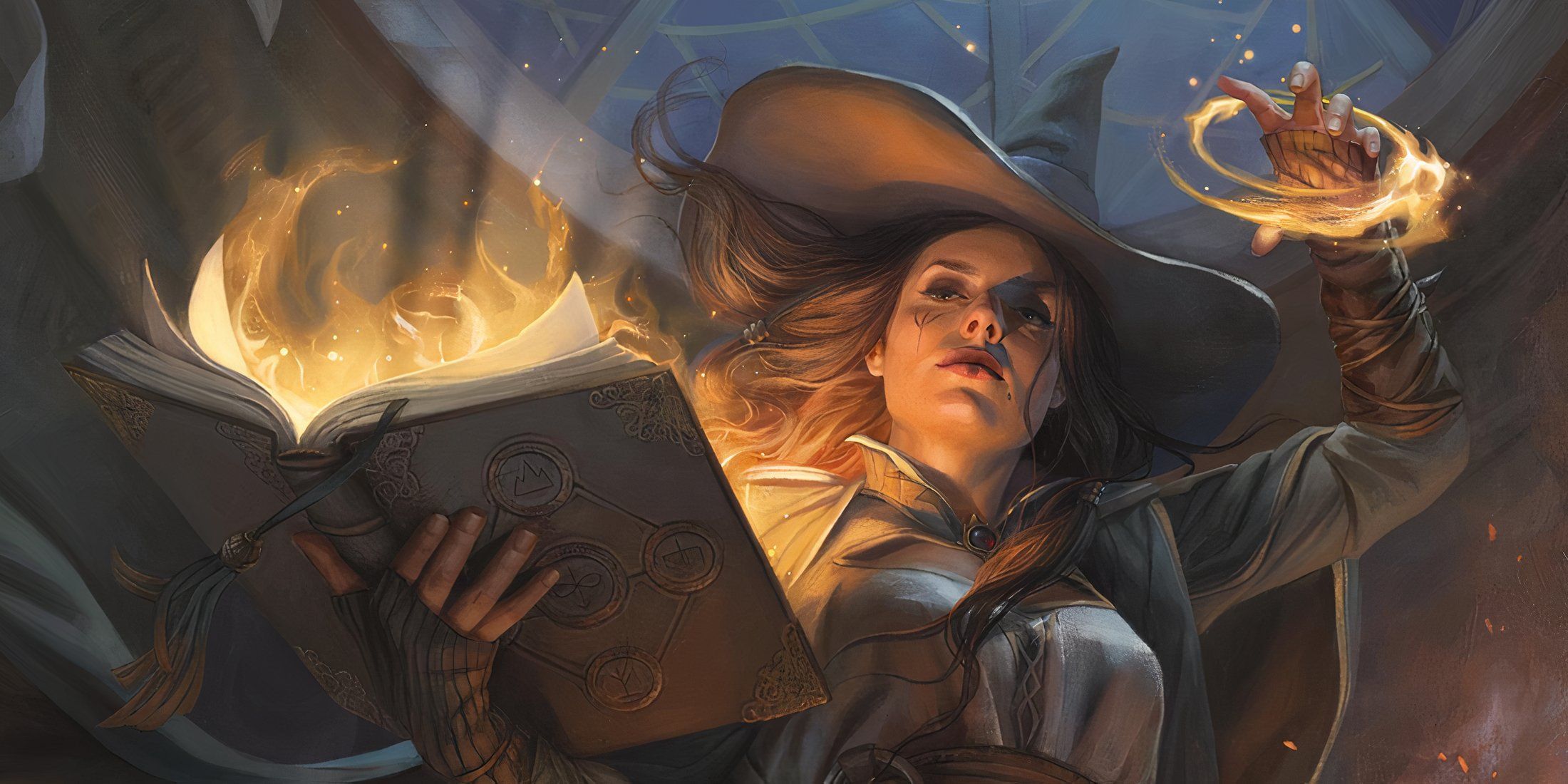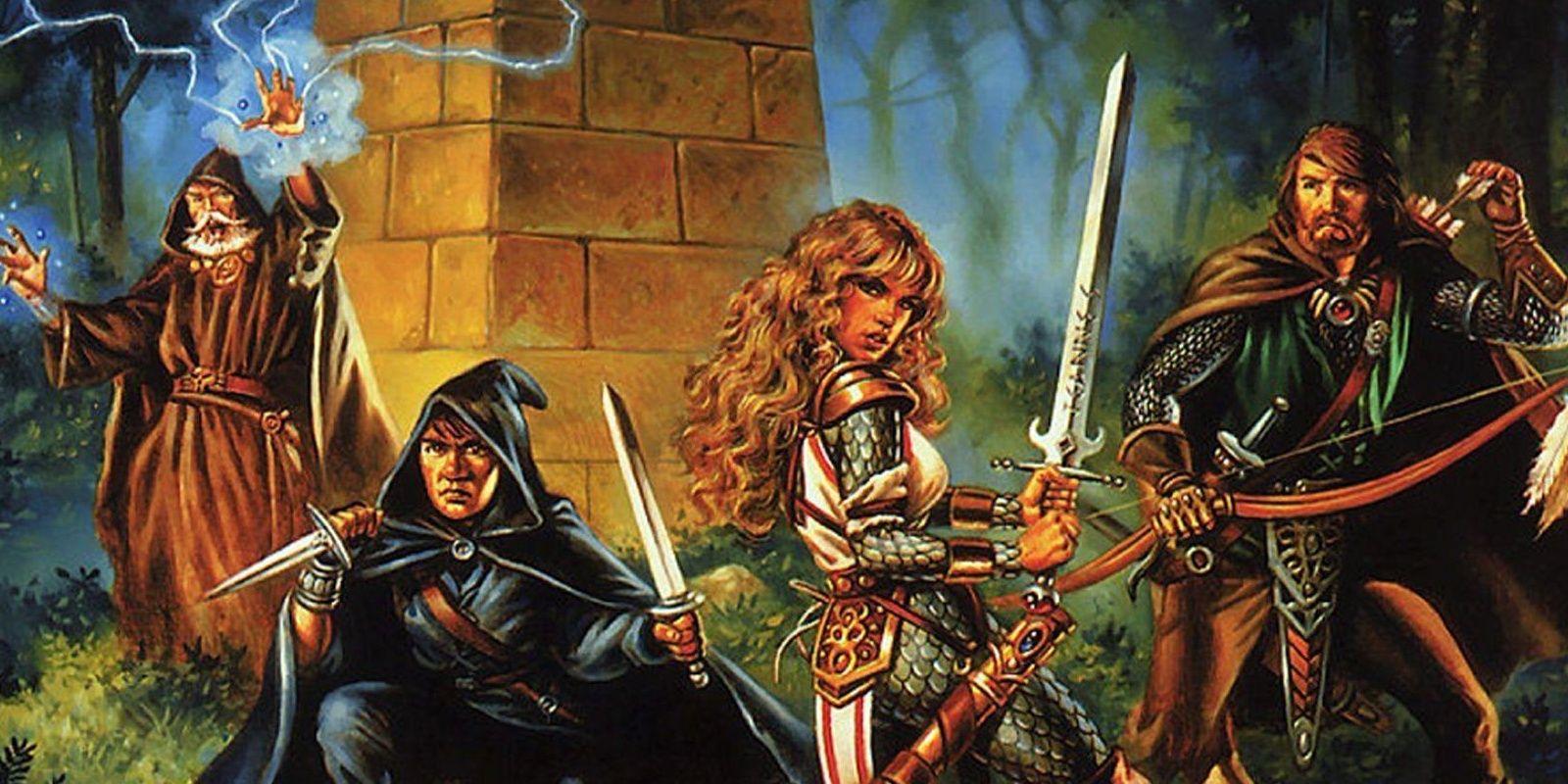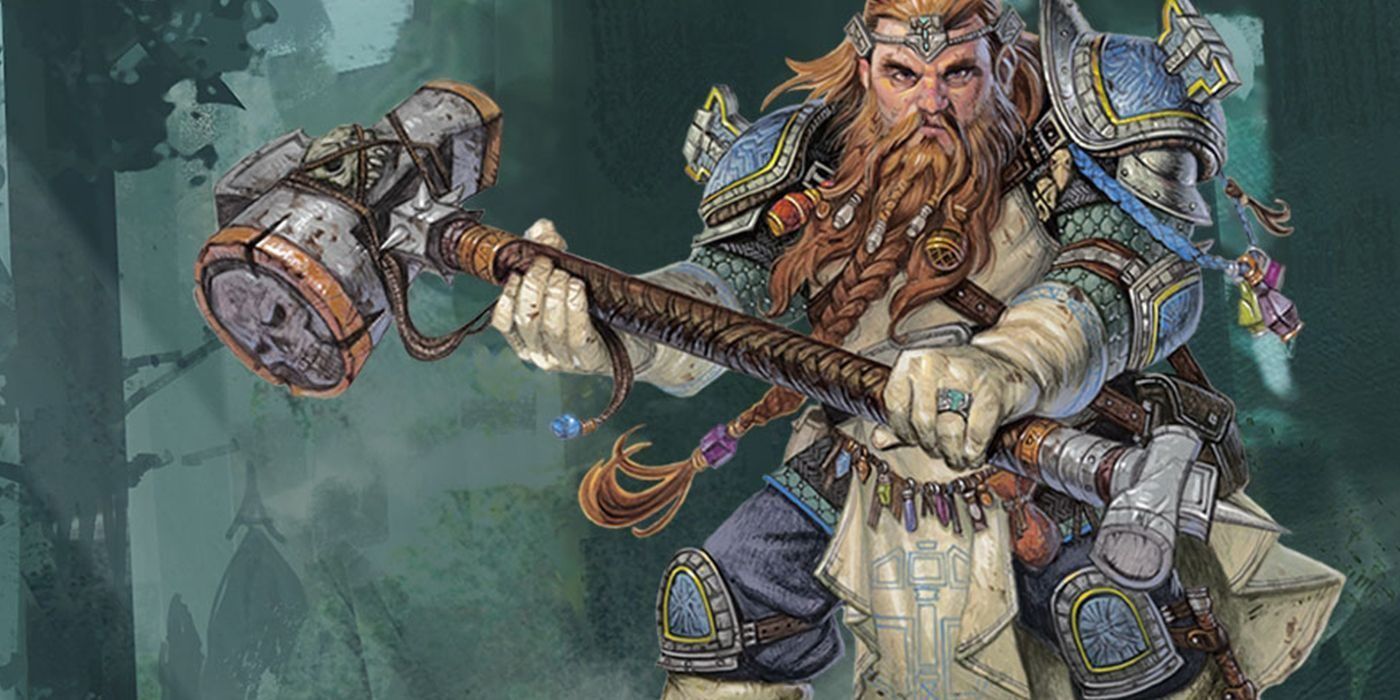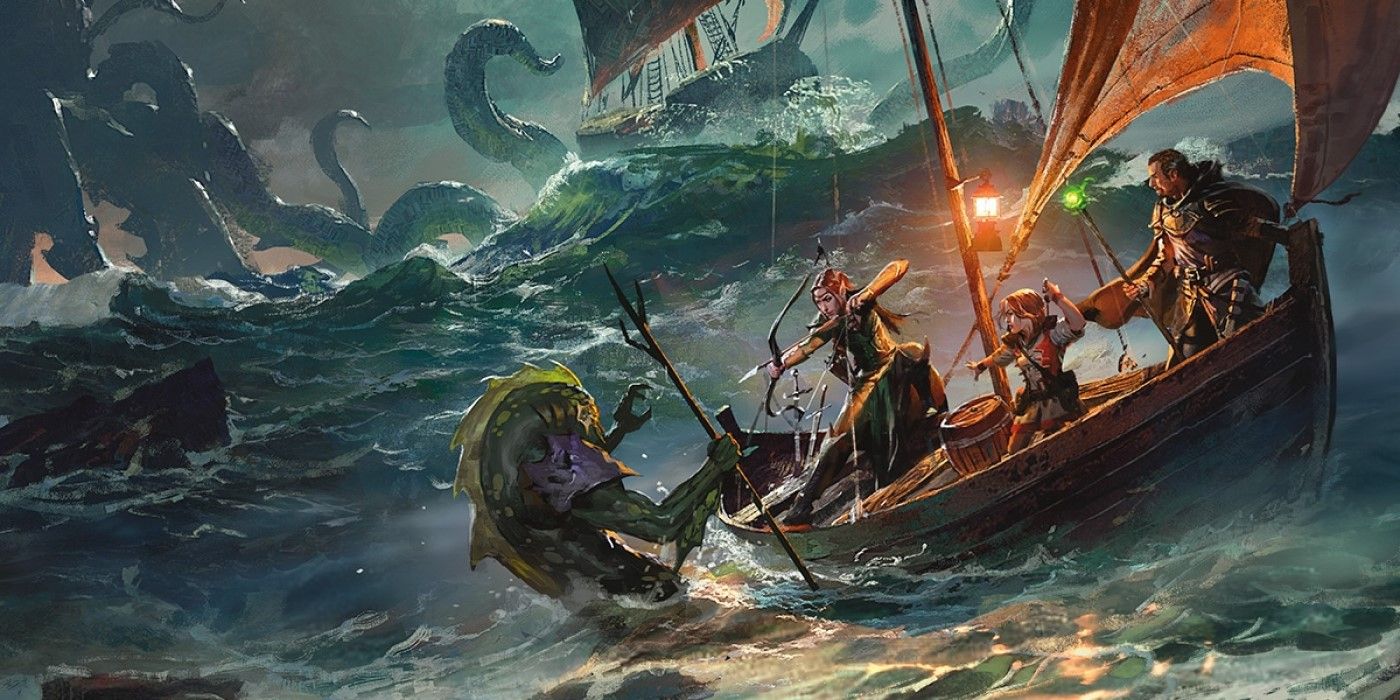Dungeons and Dragons DMs have a lot of planning to do as they sit down to start a new campaign with fresh players and characters. There are villains to develop, locations to create or study up on (like the new Theros map), and lots of character connections to being weaving. D&D players who are new to running tabletop RPGs may accidentally overlook one of the most crucial planning steps in bringing a group together.
Before a new campaign kicks off, or sometimes even in the middle a campaign, dungeon masters should considering hosting a session zero. For those who have never heard of a session zero, the basic idea is that it is a conversation between the DM and either a single player or a group of players to help best prepare everyone for the upcoming Dungeons & Dragons play sessions.
Running a session zero is definitely nothing to stress about. The best session zeros are very natural and organic conversations between a DM and a player or group of players. The goal is to make sure everyone knows what to expect from the game and help the DM know what will be fun or not fun for each player. The best way to achieve that is with an honest conversation. That said, taking a checklist of topics to the conversation can help the DM make sure nothing gets overlooked.
1 on 1 vs Whole Party Session Zero Approach
There are benefits to each of these session zero approaches and the right decision really depends on each group. The main thing to make be careful about is making sure each player will feel comfortable speaking and being honest in either scenario. Some people are more comfortable in smaller groups while others feel safety in numbers. As always, talk to your party members and make the decision that is the most helpful for your group.
Topics To Avoid/Trigger Warnings
Although some people may not like the idea of trigger warnings, it is very smart to figure out what topics, if any, are off limits for your players. Do you have players who prefer to avoid settings that involve slavery? Or perhaps some players don't feel comfortable with interplayer romance during a campaign. How about player versus player violence or deceit? These are all valid opinions and knowing what works for your will help you prepare the best campaign. Also, if one person's preference are incredibly different from the DMs or the all the other players, perhaps they might not be a good fit for the group. Identifying this early before hours are spent on character creation and initial sessions saves everyone a lot of time and frustration.
Alcohol, Phones, and Other Possible Distractions
One easy topic to discuss with the party during session zero is what sort of table etiquette the group prefers. Will someone be super annoyed if another player is texting during downtime? Is anyone going to be bothered if one player has a few in-real-life beers while playing? Again, the answers are going to totally depend on the group of players that you've assembled and your own opinions.
Exploration, Social, Combat Rankings
One easy exercise for a session zero is to ask players what they enjoy most about Dungeons and Dragons. Ideally, the DM can have each player rank the three different pillars of the game (social, exploration, combat), so that the DM knows what the group will find the most fun. For example, if everyone in the party marks exploration as the least enjoyable, perhaps consider cutting that hex crawl out of the adventure and working in an additional social interaction with a guide or a pack of bandits along the road instead.
Metagaming
This is a pretty straightforward one, but does the group like or dislike metagaming? Can players speak out of character about strategy or should everyone stay in role as much as possible. Some players love this aspect of D&D and other players think it breaks the immersion and slows things down. There's no right answer for the whole community, but there's usually a right answer for each individual table. Similar conversations can happen around min maxing and making the most powerful characters available.
Race and Class Limitations
Now that that the current edition has been available for years, plenty of expansion books have been released with additional subclasses and new races. Are all options on the table or does your game only support the Player's Handbook content? Some players may also want to experiment with homebrew classes. Session zero is a great time to figure out what is on the table and what is off limits.
Session Zero Can Happen At Any Time
Running a session zero before the campaign kicks off is a no-brainer, but the best DMs check-in with their players frequently throughout the campaign to make sure everyone is still on the same page. After characters have had a few sessions under their belt and know what the game is like, call another session zero to get some feedback. Find out what everyone's favorite moment was and try to do more to recreate that sort of encounter or environment. On the other side of the coin, find out what isn't working and think about what can change to improve those problems.
Don't Forget About The DM's Happiness
This is a huge error a lot of DMs make. The DM is playing DnD as well and deserves to have fun. Think about what works for you and what doesn't and share those ideas with the group. The DM's enjoyment is perhaps the most important, because it's their energy that keeps the campaign going!
Be sure to check back in the near future for more Dungeons and Dragons news, updates, and strategy guides. Until then, roll well, adventurers!
Many Dungeons and Dragons books are available now in hardcover or digitally on DnD Beyond.







